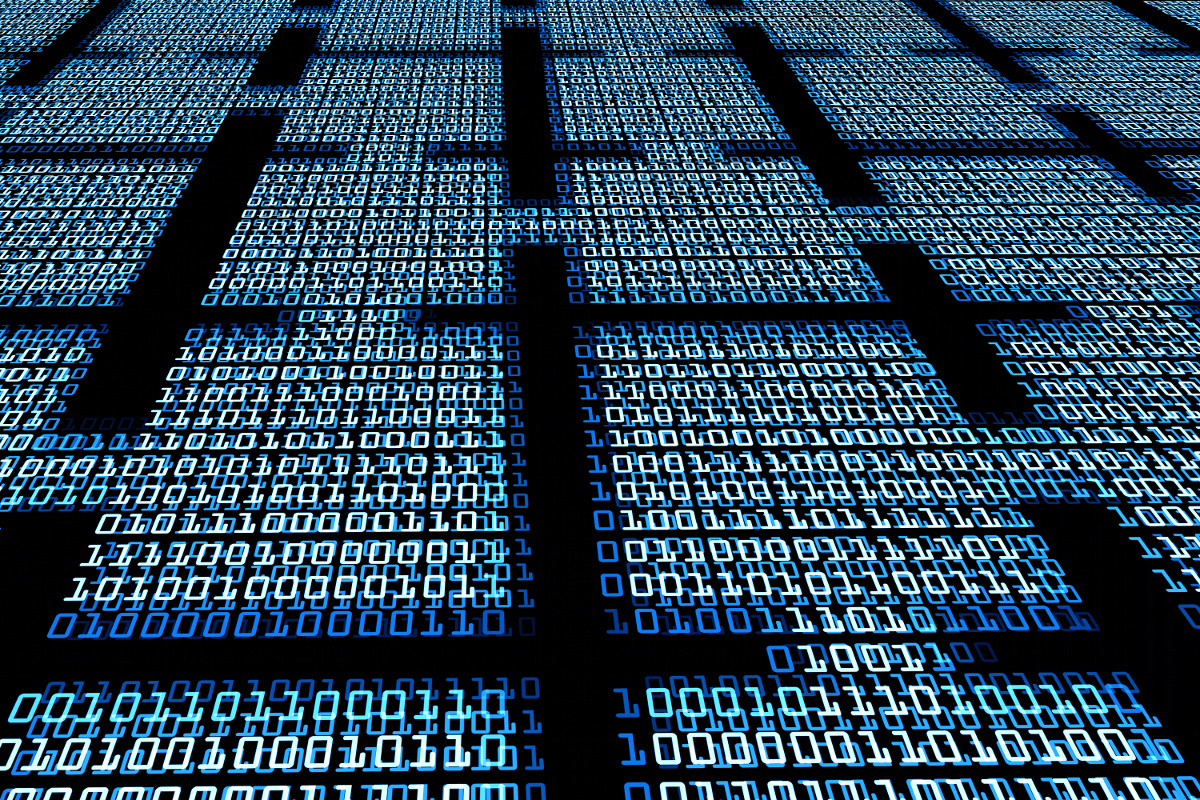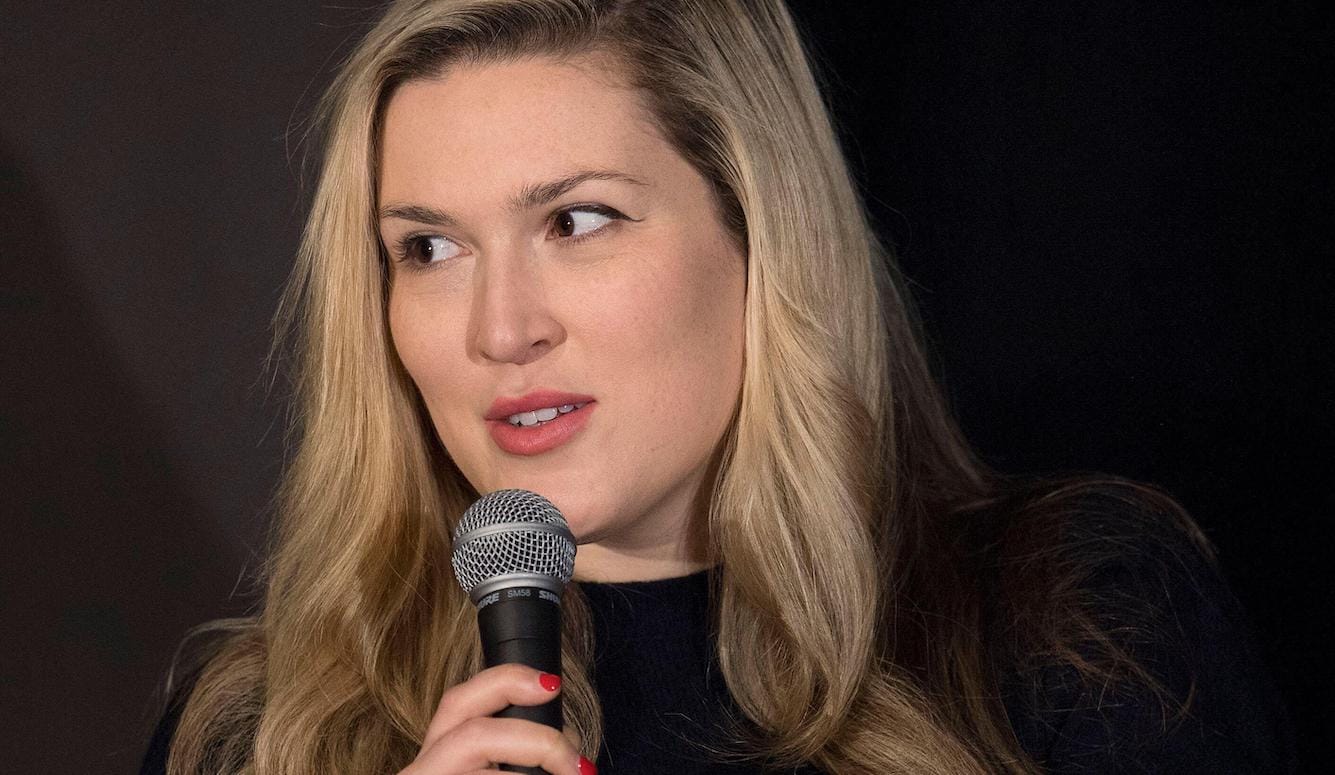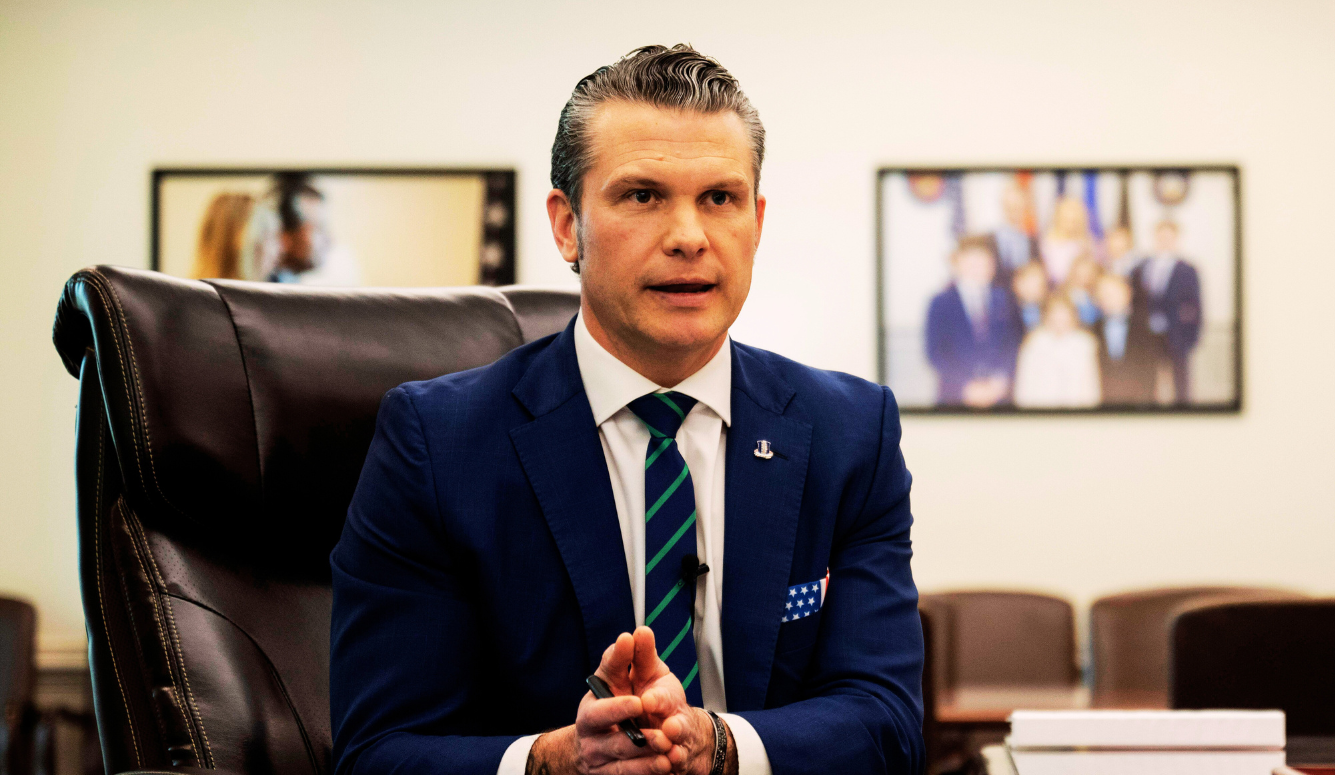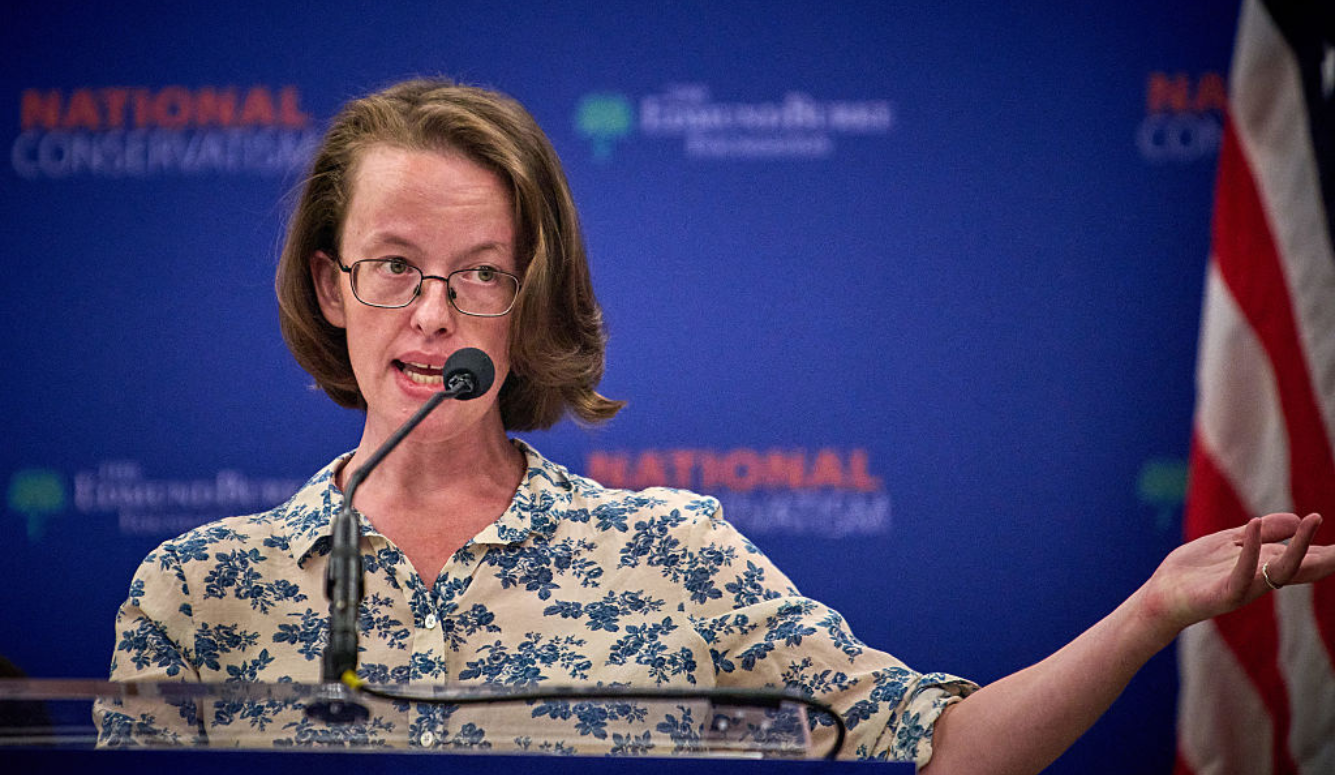Science / Tech
Using the Blockchain to Fight Corruption
Blockchain technology has the power to render the dealings of businesses and nation states into open books, purged of secrecy and the privacy of elite cabals.

The Blockchain Trust Accelerator Initiative, according to cofounder Tomicah Tillemann, has a plan to increase voter turnout and make election tampering impossible. A decentralized record of all votes cast in any election could be kept on blockchain ledgers, which cannot be altered or changed without leaving obvious traces of tampering across the entire ‘chain’. If votes are cast via smartphone, creating new blocks as thousands of votes pour in and are permanently recorded, then all the chaos of making it to a polling place, and hoping that your vote is actually counted, vanish entirely. In Myanmar and Indonesia, companies are using blockchain to eliminate high-level bribery and corruption – all financial transactions would be preserved on public ledgers of chains of information blocks, and subject to public scrutiny. Blockchain technology has the power to render the dealings of businesses and nation states into open books, purged of secrecy and the privacy of elite cabals.
Microsoft and Accenture are already working on a blockchain system that would contain the fingerprints of refugees, to create a trans-national digital record of their existence that is as accessible to Turkey as it is to Germany. With so many uses for the storage of information and transactions, blockchain has become a bit of a buzzword to the average Internet user. But ‘blockchain’ sounds more confusing than it is. It’s just a technology that creates sealed ‘blocks’ of transactional information, composed of both human and mathematical ‘checks’ and ‘keys’, which belong to no centralized user who can alter or remove any individual block without changing the data of the entire chain. An entire network builds itself piece by piece, building block after irreducible block. If any block is hacked, the entire chain will reflect the change, making it obvious that someone was trying to censor or edit a piece of information: like a vote, a financial transaction, or even a refugee’s fingerprints. Attempting to hack a single block becomes a balancing act of tremendous pressure, as changing every block in the chain to hide one alteration is extremely difficult. Of course, blockchain has been hacked before – it will take years to perfect the technology for mass adoption by gargantuan economies. But the potential benefits for transparent information are huge.
The transit of goods and services, such as a fish in a market stand, would no longer be obscure and occult, but one could know simply by scanning the product “how the fish was caught, when it was shipped and how it was processed at a factory”. Blockchain is the foundation of cryptocurrencies for this reason – each stage of production in ‘mining’ a Bitcoin is stored in the blockchain. Every single block mined is accounted for in the final record. The transference of a Bitcoin, like that fish in the marketplace, also travels along the blockchain – instant wiring of money with no middleman can take place, with an unalterable record of the transaction from person to person. Efforts to create a safer marketplace in the future, instead of resting on the whims of lobbyists and officials, can be outsourced to technology that makes interference impossible by its own design. The best safeguard against corruption may not be a constitution, as it turns out, but a mathematical foundation for transactions that by their own programming cannot be tampered with.
The promise of artificial intelligence is for technology to embody an idea by its own design, and for a programmed system to achieve its aims more perfectly than human good intentions. Of course, it is dangerous to rely so heavily on technology, but it seems an unavoidable fact that many of the rules and norms of society will become digitized, and co-opted by algorithms. Facebook and Twitter have already changed the way news is read and distributed. Resisting the technological basis of our society is only a hope for time to stand still – it is far more productive to latch onto technologies like blockchain in their nascent stage and understand all the potential good they could achieve.

An open and democratic blockchain that contains all financial exchanges could change the way that journalism and corruption function. In the hypothetical case of a corrupt Senator receiving ‘dark money’ from an influential group of billionaires, that Senator’s campaign contributions could be traced to their original sources just by following the blockchain ledger. Sure, by avoiding blockchain, illegal bribes and secret donations could still occur – but that only incentivizes anti-corruption activists to move toward a single virtual economy. If banks and businesses adapt to blockchain, there would be no hiding. Imagine a public record of every single politician, and alongside their name and photograph, a list of every donation they have received, with every donor public. This itself could destroy oligarchy, if an engaged public decided not to support candidates who were only propped up by big money, as Bernie Sanders alleged about his opponent, Hillary Clinton.
Likewise, the sale of weaponry from one nation to another could be tracked. The construction of a missile in a Lockheed Martin factory in Ohio, then packaged and sold to Syrian rebels, could all be traced on a free and open blockchain ledger. The embezzlement of money, funneling of money into political campaigns, and international exchange of sales would all be documented, and so the crucial political task would be to ensure that access to blockchain ledgers remains free and open. The websites hosting decentralized technology must themselves be decentralized – that will be the ultimate political challenge in ensuring that blockchain impairs corruption. Then, journalists around the world can seize upon the massive increases in transparency.
Of course, this virtual economy of the future is still just a projection. The most well-known use of blockchain currently is in the mining of cryptocurrencies, such as Bitcoin, Ethereum and Litecoin. In many ways, the potential of blockchain and the potential of virtual currency are inextricably bound. For those seeking to overcome the limits of nationhood and monetary policy, Bitcoin and other cryptocurrencies provide a secure currency that transcends national borders. With the blockchain functioning as the bank ledger, no one’s money can simply ‘vanish’ the same way that catastrophic crises struck the American financial system in 2008. Each block in a chain contains information that belongs to no centralized party, and is shared between senders and receivers, in the case of a Bitcoin transaction. It is, in a sense, more real than your money sitting in a private bank.
The modern economy without blockchain is already an abstraction – the stock market is as removed from actual productive labor as could possibly be, and the derivatives betting market is equally as confusing to the layperson as cryptocurrency and blockchain. The modern economy is a runaway train – virtual currency is simply the natural extension of how abstract capital already is in the modern world. If money can be earned from sitting in a bank account, multiplying from nothing, why can’t a series of energy-intensive digital ‘mining’ operations also represent the invention of new money? And furthermore, with an alien currency suddenly arriving on the world stage in the form of Bitcoin, representing a GDP of around 250 billion USD, could Bitcoin owners potentially bail out nations and institutions in the future to come? Slashed federal budgets and debt-crippled nation states open the door for Bitcoin to enter the world stage as an outside source of venture capital. The potential for humankind is frightening and new: the total fusion of private capital with the public state.
As a species, we have only very recently discovered the concept of virtual space. The industrial revolution itself is hardly two-hundred years old. Contrary to the predictions of Marx, global capital, rather than bending at the spine like an unwieldly Leviathan, has fused with technological development to produce the basis of all communication, information and transaction in the world. As rapidly as social media has become the center of entertainment, news and opinion, so too will more revolutionary technology take the place of banks, records, government filings and the storage of information. And whether we like it or not, this technology will be owned by corporations and wealthy institutions. Our best bet is for the technology to be open and decentralized like blockchain.
Alexander Blum is a science fiction writer. Follow him on Twitter @AlexanderBlum0






